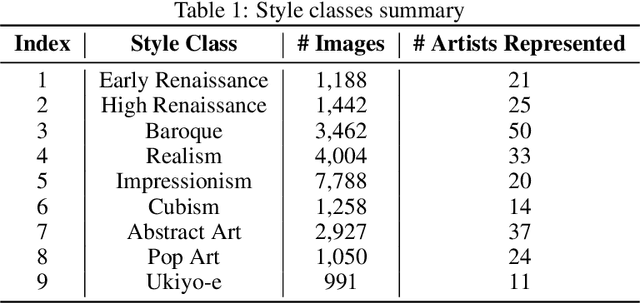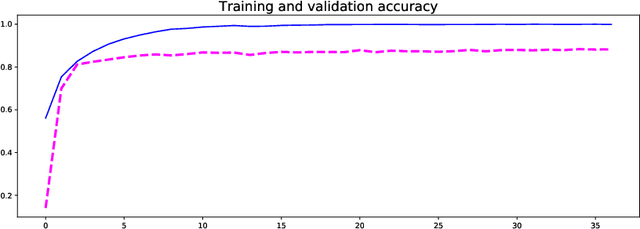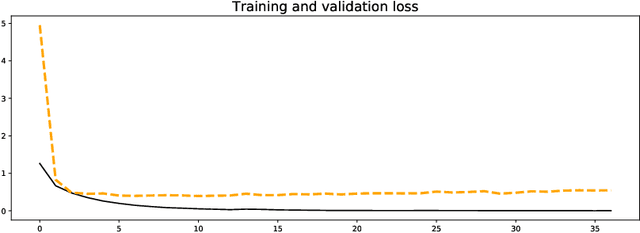Machine: The New Art Connoisseur
Paper and Code
Dec 03, 2019



The process of identifying and understanding art styles to discover artistic influences is essential to the study of art history. Traditionally, trained experts review fine details of the works and compare them to other known works. To automate and scale this task, we use several state-of-the-art CNN architectures to explore how a machine may help perceive and quantify art styles. This study explores: (1) How accurately can a machine classify art styles? (2) What may be the underlying relationships among different styles and artists? To help answer the first question, our best-performing model using Inception V3 achieves a 9-class classification accuracy of 88.35%, which outperforms the model in Elgammal et al.'s study by more than 20 percent. Visualizations using Grad-CAM heat maps confirm that the model correctly focuses on the characteristic parts of paintings. To help address the second question, we conduct network analysis on the influences among styles and artists by extracting 512 features from the best-performing classification model. Through 2D and 3D T-SNE visualizations, we observe clear chronological patterns of development and separation among the art styles. The network analysis also appears to show anticipated artist level connections from an art historical perspective. This technique appears to help identify some previously unknown linkages that may shed light upon new directions for further exploration by art historians. We hope that humans and machines working in concert may bring new opportunities to the field.
 Add to Chrome
Add to Chrome Add to Firefox
Add to Firefox Add to Edge
Add to Edge